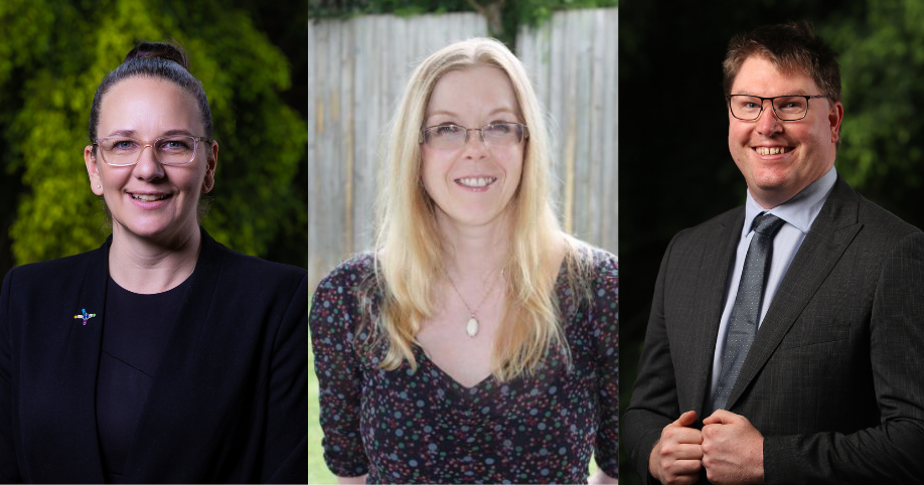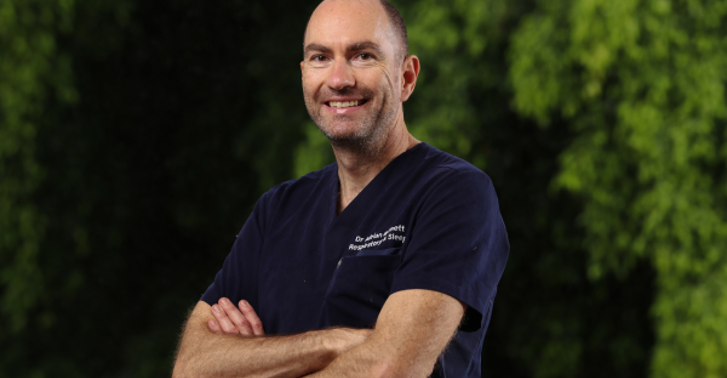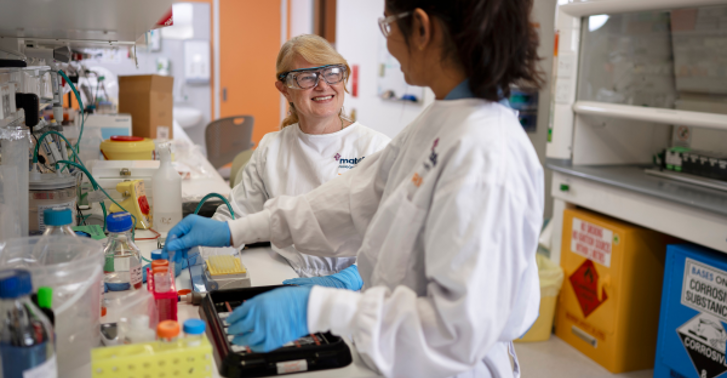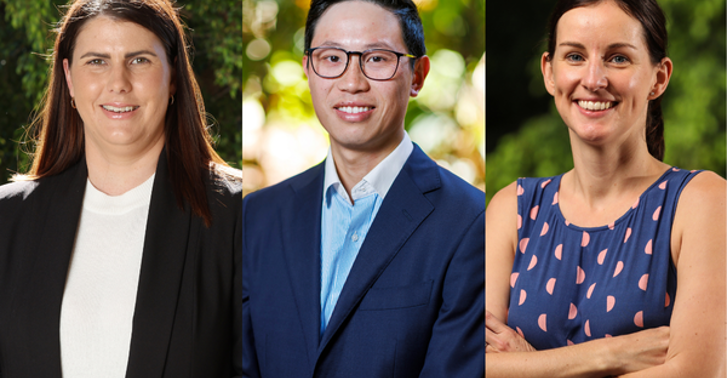
A groundbreaking new research initiative that is set to transform how older Australians experience healthcare by tackling ageism—one of the most pervasive and harmful forms of discrimination—has been awarded $871,195 by the Australian Research Council to create more inclusive, respectful healthcare environments.
Led by Professor Julie Henry, this collaborative initiative brings together experts from The University of Queensland, Mater Research and Silverchain, to identify strategies for enhancing cognitive ageing in older Australians—empowering them to remain independent and socially connected for longer.
The project will create training tools that help older adults build resilience, self-compassion and challenge internalised ageism. It will also create empathy-based programs for healthcare providers to enable them to identify and eliminate ageist attitudes and behaviours.
Prof Henry, who is the Director of the Queensland MIND project as well as an Affiliate Professor at both The Queensland Brain Institute and Mater Research, said that all resources developed will be freely available, ensuring healthcare providers, aged care services, and universities across Australia can benefit from this research.
"This project is about more than reducing ageism, it’s about creating healthcare environments where older Australians feel valued, respected and supported," Prof Henry said.
Associate Professor Lucy Burr, who is also the Director of Clinical Research at Mater Research and Director of Respiratory and Cystic Fibrosis medicine at Mater Hospital Brisbane, said that ageism affects health outcomes, access to care, and the wellbeing of older people.
“Alarmingly, ageist beliefs are often internalised by older adults themselves, leading to poorer physical and mental health,” A/Prof Burr said.
Dr Andrew Swayne, who is the Clinical Director of Neurology at Mater Hospital Brisbane and leader of Mater Research’s Neuroimmunology and Stroke Research group, said that by empowering older people to remain active, engaged, and independent, the initiative will deliver wide-reaching social and economic benefits, helping to build an Australia for all ages.
“We know that ageism contributes to workforce shortages in aged care and discourages healthcare professionals from working with older populations. We want to change this,” he said.
Adjunct Professor Tanya Davison, Director of Research Discovery at Silverchain – one of Australia’s leading home care providers – noted that ageism impacts older people’s experiences across the spectrum of healthcare and aged care services, from care in the home through to hospital admissions.
“Ageism can prevent older people from seeking the care they need, and needs to be urgently addressed,” she said.
The team will host co-design workshops at Mater Hospital Brisbane, engaging healthcare professionals in interactive activities. This will include presenting real healthcare materials that include ‘elderspeak’—a patronising form of communication—and exploring participants’ emotional responses to these materials.
Participants will also use a generative toolkit to create their own healthcare advertisements, helping researchers understand how self-directed ageism is triggered and how it influences healthcare preferences.
The end-product will use immersive and engaging virtual reality and video game technologies, and will be integrated into UQ’s curriculum for students studying healthcare professions.
Funded through the Australian Research Council’s Linkage Program, the project will develop a suite of innovative, evidence-based tools to reduce both systemic and self-directed ageism in healthcare environments. The initiative is a direct response to global calls for action, with the World Health Organisation identifying ageism as a serious human rights and public health issue.



